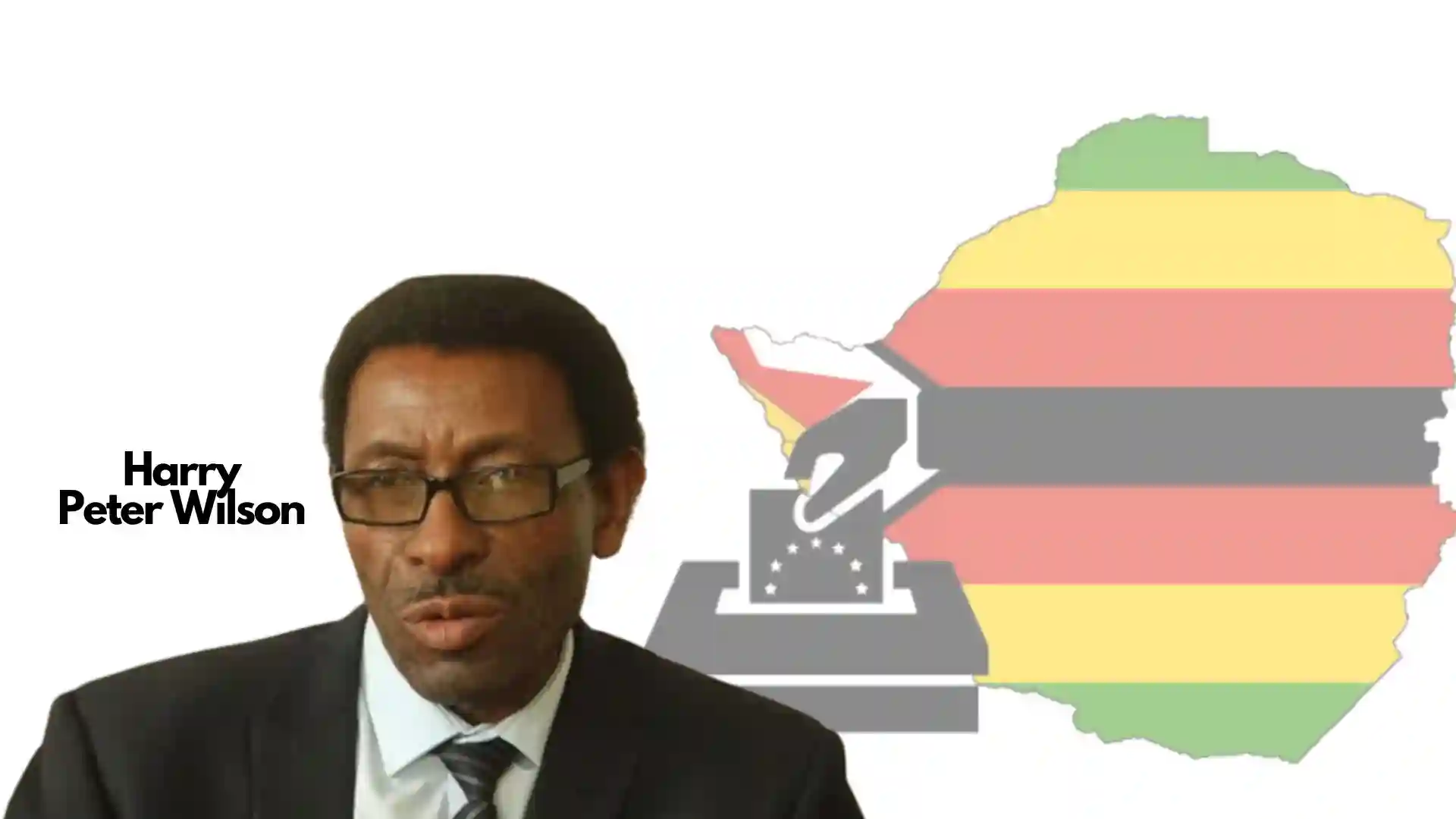Harry Peter Wilson, a 62-year-old leader of the Democratic Official Party (DOP), has said he would form a government of national unity (GNU) if he wins the presidential race this year. He is making his second bid to become the president of Zimbabwe.
Wilson, who won 0.10% of the electorate in the 2018 presidential poll, believes that he is “presidential material” and is “in it to make a big statement”. He said:
A ‘winner takes all’ attitude is bad for the country. We are in the race to represent people. From one with 2% or any other percentage of the vote, he or she is representing the masses. That’s why Zimbabwe needs a government of national unity (GNU) to move forward.
There are many issues affecting us as a nation. For example, if you look at my manifesto, I talk a lot about a fair taxation system. I haven’t heard anyone in the race talk about that. I also talk about building safer communities. I haven’t heard that from anyone… My brother, I have a vision for this country.
A leader with such promises speaks to the people. Why not work with them?
Harry Peter Wilson was part of the Political Actors Dialogue (POLAD) in Zimbabwe, formed by President Mnangagwa to promote dialogue for nation-building. Nelson Chamisa, then leader of the MDC Alliance, refused to join. Some saw Wilson as a chancer in POLAD, which provided members with twin-cab vehicles, allowances, and diplomatic passports. Wilson believes POLAD did its best to advise Mnangagwa and offer a frank alternative outside the ruling ZANU-PF party. The group discussed the economy and suggested ways to have a strong local currency, though Mnangagwa did not always listen to their advice.
Wilson believes that Zimbabwe’s politics is fractured and that the country needs a government of national unity (GNU) to move forward. He also believes that politics should speak to the people’s needs at local and national levels, and that Zimbabwe needs fresh ideas to push for real change.
Wilson argues that the government has made some good decisions but has failed in its execution. For example, the land reform policy was a turning point for Zimbabwe, but it was corrupted. He believes that the country needs fresh ideas to push for real change.
When asked about other leaders in his party, Wilson declined to comment on his deputy president but expressed that he would be happy to work with Robert Chapman, the leader of the Democratic Union of Zimbabwe (DUZ), who promised a new blend of politics but did not file his nomination papers.
The upcoming presidential election in Zimbabwe will have 11 candidates, down from 23 in 2018, and there will be no women in the race. Two women, Linda Masarira of the Labour, Economists and African Democrats (LEAD) and Elisabeth Valerio of the United Zimbabwe Alliance (UZA), failed to raise the nomination fees.

